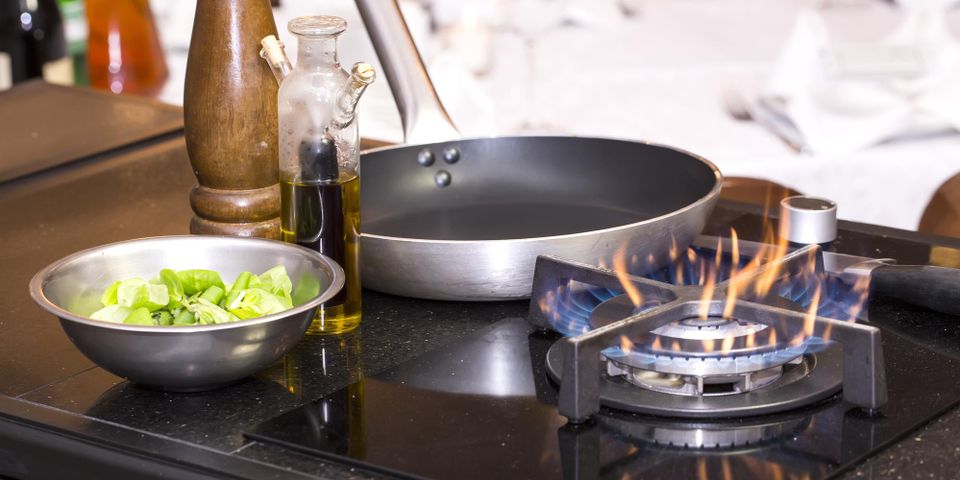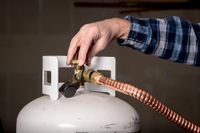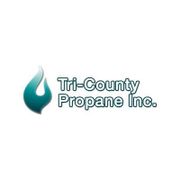What to Do If Your Propane is Leaking

Propane, also called liquefied petroleum gas (LPG), is a clean-burning alternative to other types of fuel like gasoline and natural gas because of its lower carbon content. Nonetheless, propane is flammable and can also cause health problems in people when inhaled directly. As such, you should always be wary of potential leaks on your property. If you suspect you have a leak after detecting a rotten egg smell or hear a hissing sound coming from your tank, here is what you need to do.
5 Propane Leak Safety Steps
1. Extinguish Sparks & Flames
Immediately douse open flames and do not switch on any lights, appliances, and other electrical items. During a leak, even a small spark from these sources can trigger a fire or an explosion.
2. Shut Off the Gas
 Turn off your main gas supply valve by turning it clockwise. This measure prevents more gas from leaking.
Turn off your main gas supply valve by turning it clockwise. This measure prevents more gas from leaking.
3. Evacuate the Area
Instruct anyone near the leak to stop what they are doing and leave the area immediately. Inhaling LPG gas displaces oxygen in the air, which can make breathing difficult and cause nausea, fatigue, and increased heart rate. If you are in an enclosed space, open the windows as you clear the area so the gas can escape.
4. Report the Leak
After reaching a safe distance from the leak source, report the incident to your LPG retailer. If you can't contact them, call 911 or your local fire department. Do not return to your property until experts say it's safe to do so.
5. Schedule a System Check
Before operating your LPG appliances, have your tank inspected to ensure that all leak sources have been repaired. You can also prevent these incidents and stay worry-free by scheduling routine LPG inspections.
Gas leaks must be fixed quickly by knowledgeable professionals. Tri-County Propane has 24-hour emergency propane services you can rely on. Proudly serving Loveland, OH, and its surrounding areas, this team of experts has been providing their clients with dependable propane delivery and affordable maintenance, repair, and propane parts. To help companies avoid costly insurance problems, they run a forklift cylinder exchange program. For more information on their services, check out their website and Facebook page or call (513) 583-1868.
About the Business
Have a question? Ask the experts!
Send your question

